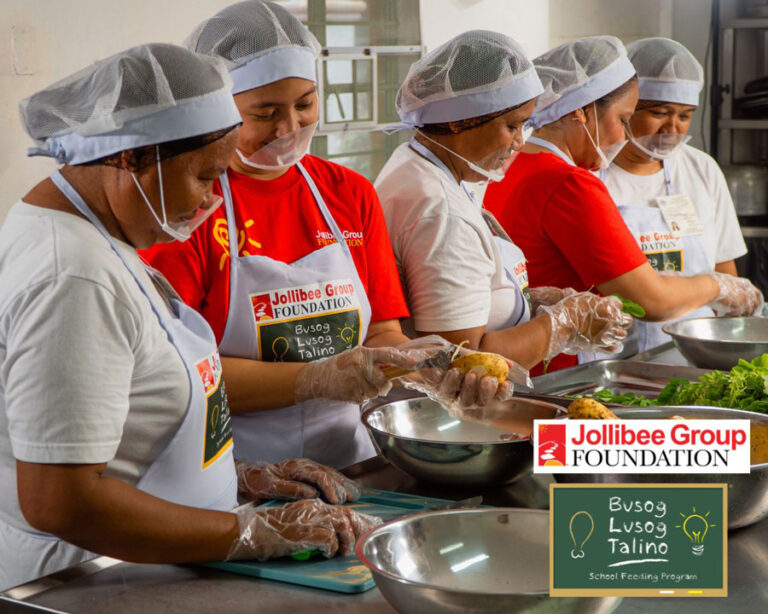President Rodrigo R. Duterte is tirelessly working to improve the socioeconomic status of Filipinos, Malacañang said on Thursday.
“The Chief Executive has been working tirelessly in improving the socioeconomic status of millions of Filipinos for them to lead a more comfortable, secure and prosperous life,” Presidential Spokesperson Salvador Panelo said in a statement.
Panelo said the latest Social Weather Stations (SWS) First Quarter survey, which showed a decline in the number of Filipinos experiencing hunger for two consecutive quarters, is a good start.
“Much have been done in the first three years and with a workaholic and compassionate leader at the helm, much more would be accomplished in the remainder of PRRD’s term,” he said.
Panelo reiterated that the decline in the hunger figures shows that the President’s efforts are bearing fruit.
“These figures indicate that the President’s sincere efforts in addressing soaring prices and running a bureaucracy that efficiently delivers basic services to the poor and marginalized are beginning to bear fruits and are now being felt by our countrymen,” he said.
He cited the social amelioration programs, such as free tuition in state colleges and universities; free irrigation for farmers; universal health care for all Filipinos; free medicine for indigent Filipinos; institutionalized free school feeding program for public school children; salary increases of police, firemen, military and jail personnel and teachers; and higher pension for seniors and war veterans, as some of the initiatives by the Duterte administration.
The recent SWS survey showed that the Philippines registered a decrease in its hunger rate for the second consecutive quarter.
The survey showed that only 9.5 percent, or an estimated 2.3 million families, experienced involuntary hunger at least once in the past three months, a decline from the 10.5 percent, or an estimated 2.4 million families, who experienced involuntary hunger in the fourth quarter 2018 survey in December and the 13.3 percent, or about 3.1 million families, in the September 2018 survey.(By EJ Roque)



